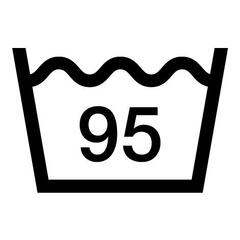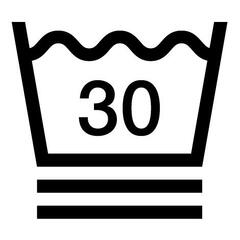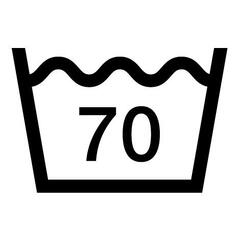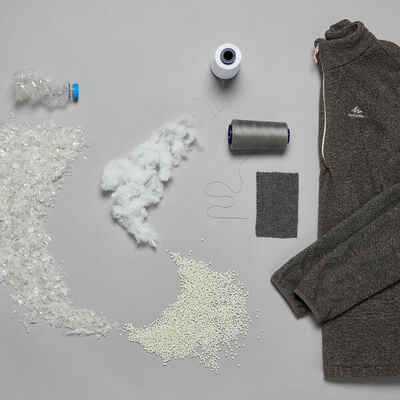WEDZE
Ref.
8801107
4849222
ADULT VELVET TRAPPER HAT - OCHRE
€27.00
Tax included
Store Availability
Store Availability
Keep your head warm this winter with this stylish trapper hat
BENEFITS

Softness
Soft lining
Warmth
Trapper hat with quilted lining ensuring good insulation in cold weatherTECHNICAL INFORMATIONS
SIZING INFORMATION
This trapper hat has been developed for head sizes between 56 and 59 cm, which roughly corresponds to a kid’s head size.
Depending on the elasticity of the weave, this measurement can vary slightly.
Depending on the elasticity of the weave, this measurement can vary slightly.
composition
composition
Upper part - Main fabric: 100.0% Polyester; Inner fabric: 100.0% Polyester; Lining: 100.0% Polyester
Tips for storage and maintenance
 MAXIMUM WASH TEMPERATURE 95°C. NORMAL TREATMENT.
MAXIMUM WASH TEMPERATURE 95°C. NORMAL TREATMENT.
 MAXIMUM WASH TEMPERATURE OF 30°C. VERY MODERATE TREATMENT.
MAXIMUM WASH TEMPERATURE OF 30°C. VERY MODERATE TREATMENT.
 IRON AT A MAXIMUM SOLEPLATE TEMPERATURE OF 150°C.
IRON AT A MAXIMUM SOLEPLATE TEMPERATURE OF 150°C.
 MAXIMUM WASH TEMPERATURE 70°C. NORMAL TREATMENT.
MAXIMUM WASH TEMPERATURE 70°C. NORMAL TREATMENT.
 IRONING AT A MAXIMUM IRON SOLEPLATE TEMPERATURE OF 200°C.
IRONING AT A MAXIMUM IRON SOLEPLATE TEMPERATURE OF 200°C.
TESTS AND WARRANTY
Warranty
2 Years
Ecodesign approach
With ecodesign, we reduce the environmental impact of our products.
Analysing the product's environmental footprint enabled us to identify the most impactful stages of its life cycle. Thanks to this approach, our design teams were able to develop this product while significantly reducing its environmental impact.
Ecodesign actions on this product
-
 Material
MaterialRecycled polyester
Product made from 100% recycled polyester
Using recycled polyester rather than conventional polyester reduces the CO2 emissions linked to the material by at least 16%.
-
 Process
ProcessDope dyed
Product made from 100% dope dyed yarn
Using this mass-dyeing process enables us to reduce CO2 emissions linked to the production of dyed textiles by at least 46% compared to conventional dyeing.